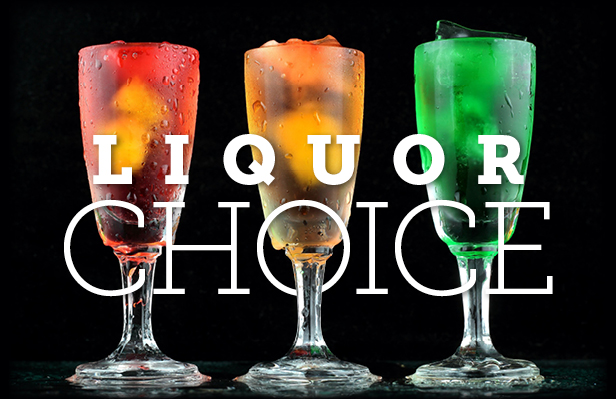Media

Does Power Corrupt? Absolutely.
Pennsylvania’s prohibition error(!) liquor system lends itself to corruption. The sentencing of former Pennsylvania Liquor Control Board (PLCB) official James Short serves as a stark reminder of this undeniable fact.
Last week, a federal court sentenced Short to six months of house arrest and two years of probation for defrauding state taxpayers. Short used his powerful position at the liquor control board to personally enrich himself—accepting bribes and kickbacks that included golf trips, cash, and gift cards.
As the PLCB’s director of marketing and merchandising, Short was responsible for choosing the products sold in the state’s liquor stores and those marketed to Pennsylvania residents. Placing this much power in the hands of one person—or even a small group of people—is a recipe for disaster.
And what a disaster it has been.
Since 2014, several former PLCB officials have been involved in corruption scandals with one constant theme: leveraging political power for personal profit. Regrettably, private businesses sought out these officials to boost their bottom line. But this isn’t how a free market works. Competition, not government bureaucrats, should shape choices in a marketplace.
Collusion between big government and big business usually leaves taxpayers and consumers worse off. And the PLCB is Exhibit A for this declaration. Avoiding future corrupt practices and shady deals requires full privatization. This means turning over the operations of the wholesale and retail side of wine and liquor sales to the private sector.
Consumers and entrepreneurs should be in charge of marketing and product decisions. Government has neither the knowledge nor the resources to handle such a complex task. This will lead to a fairer market for all—one based on persuasion and customer service rather than bribes and political power.